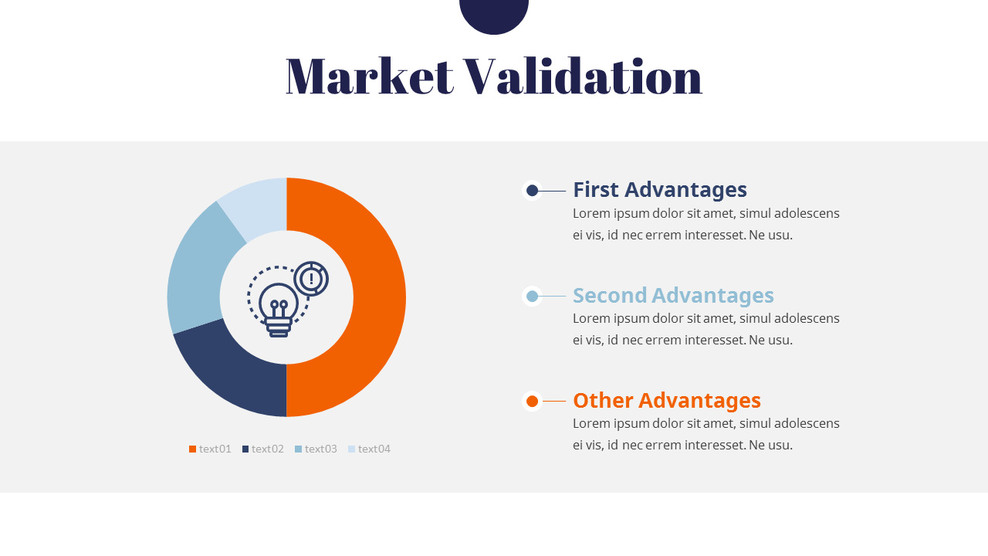Market Validation
What is Market Validation
Definition:
Market validation is the process of confirming the demand, viability, and acceptance of a product or service within a target market. It involves gathering feedback, conducting testing, and analyzing data to ascertain whether there is sufficient interest and willingness to pay for the offering.
Analogies:
Consider market validation as building a bridge over turbulent waters. Just as engineers assess the stability and durability of a bridge before allowing traffic, businesses validate their market to ensure their products or services can withstand market dynamics and meet customer needs effectively.
Further Description:
Market validation encompasses various methods, including customer interviews, surveys, prototype testing, and pilot programs. It aims to validate assumptions, mitigate risks, and refine the offering based on real-world feedback before committing extensive resources to full-scale production or launch.
Methods of Market Validation:
Customer Interviews and Surveys: Engaging with potential customers to understand their pain points, preferences, and willingness to adopt new solutions.
Prototype Testing: Developing minimum viable products (MVPs) or prototypes to gather feedback and assess user experience and functionality.
Pilot Programs: Launching limited-scale trials or beta tests to evaluate market response, gather performance data, and identify areas for improvement.
Competitor Analysis: Assessing competitors’ offerings, pricing strategies, and market positioning to identify gaps and opportunities for differentiation.
Importance of Market Validation:
Mitigating Risk: Market validation helps mitigate the risk of investing resources in products or services that may not resonate with the target market or meet customer expectations.
Optimizing Resource Allocation: By validating market demand early in the product development lifecycle, businesses can allocate resources more efficiently and focus on initiatives with higher potential for success.
Refining Product-Market Fit: Feedback obtained during market validation informs iterative product development, allowing businesses to refine features, pricing, and positioning to better align with customer needs.
Building Investor Confidence: Demonstrating validated market demand enhances credibility and investor confidence, making it easier to secure funding and support for future growth initiatives.
Challenges and Considerations:
- Bias and Assumptions: Avoiding confirmation bias and challenging assumptions is crucial to obtaining unbiased feedback and accurate market insights.
- Limited Sample Size: Small sample sizes or biased respondent pools may skew results and lead to inaccurate conclusions about market demand.
- Changing Market Dynamics: Markets are dynamic and subject to change, requiring ongoing validation to adapt to evolving customer needs and competitive landscapes.
Key Takeaways:
- Market validation is essential for confirming product-market fit, mitigating risks, and optimizing resource allocation.
- Employing a combination of qualitative and quantitative methods enables businesses to gather meaningful insights and refine their offerings effectively.
- Continuous validation and adaptation are necessary to ensure alignment with evolving market dynamics and maintain competitive relevance over time.
Table of Contents





